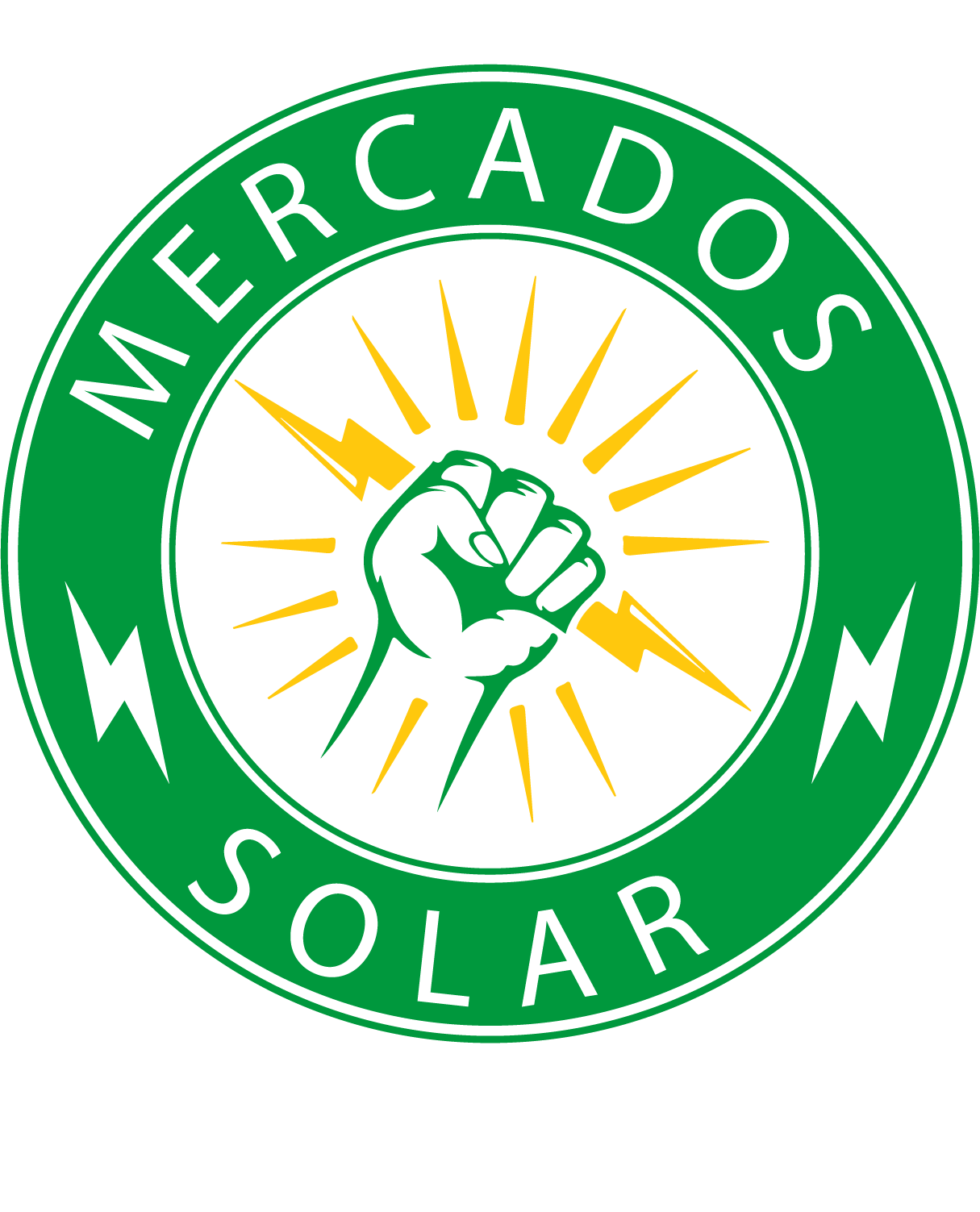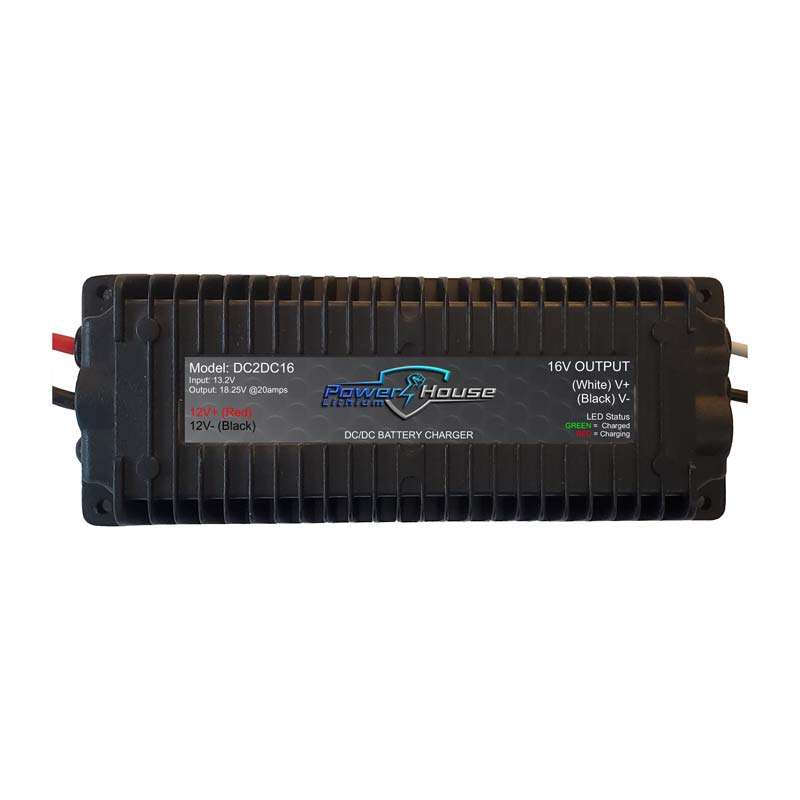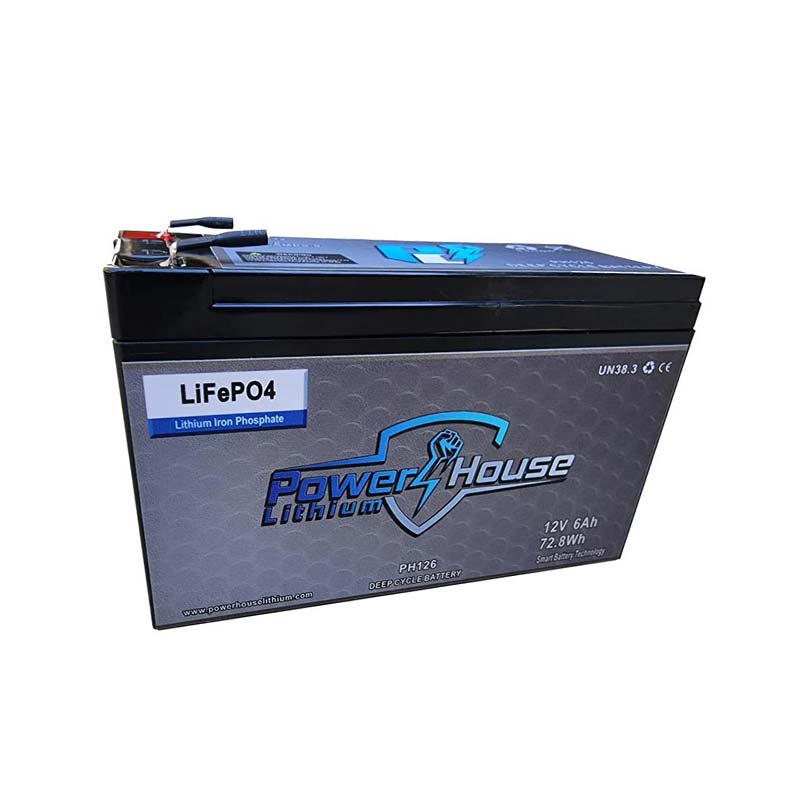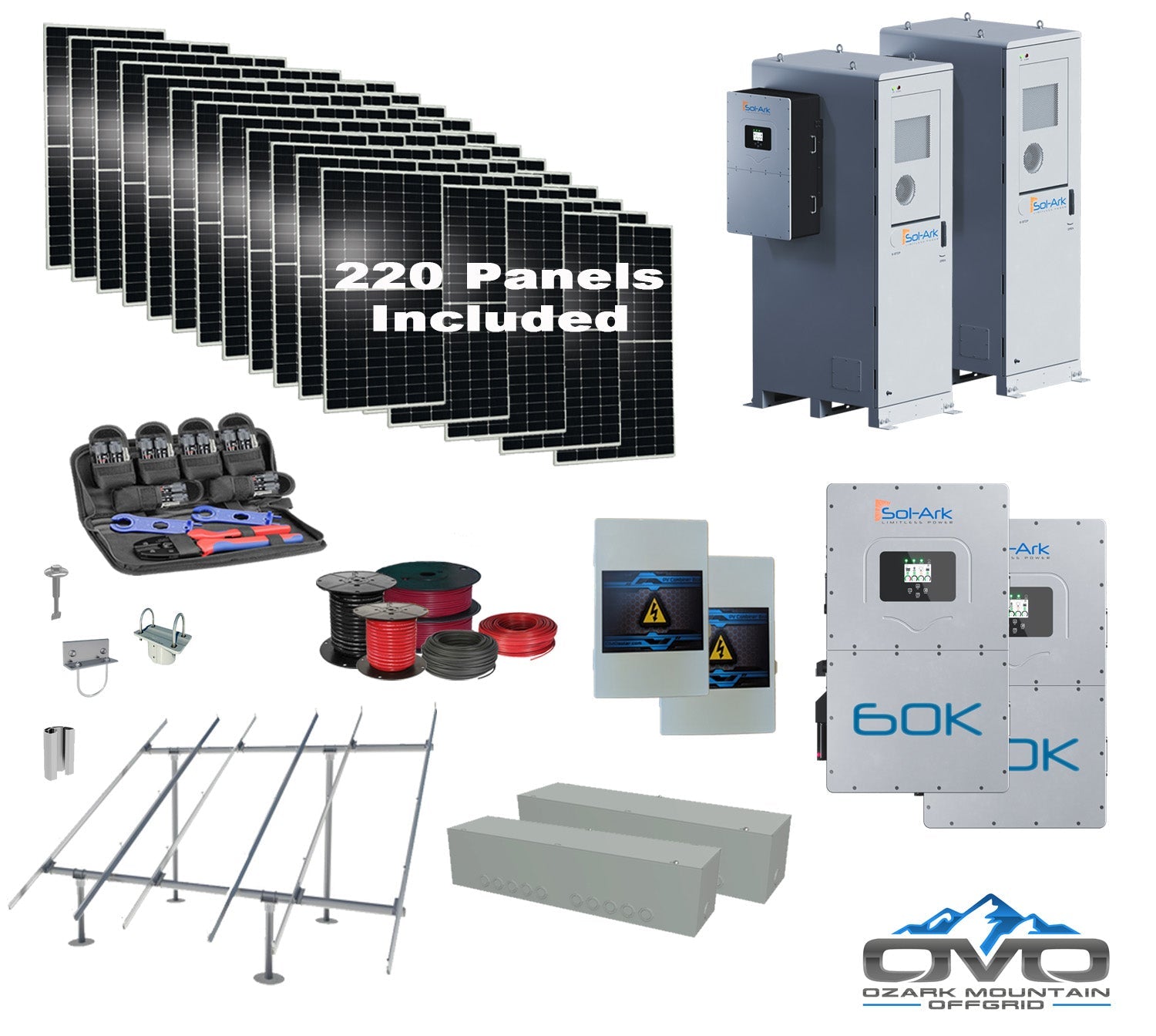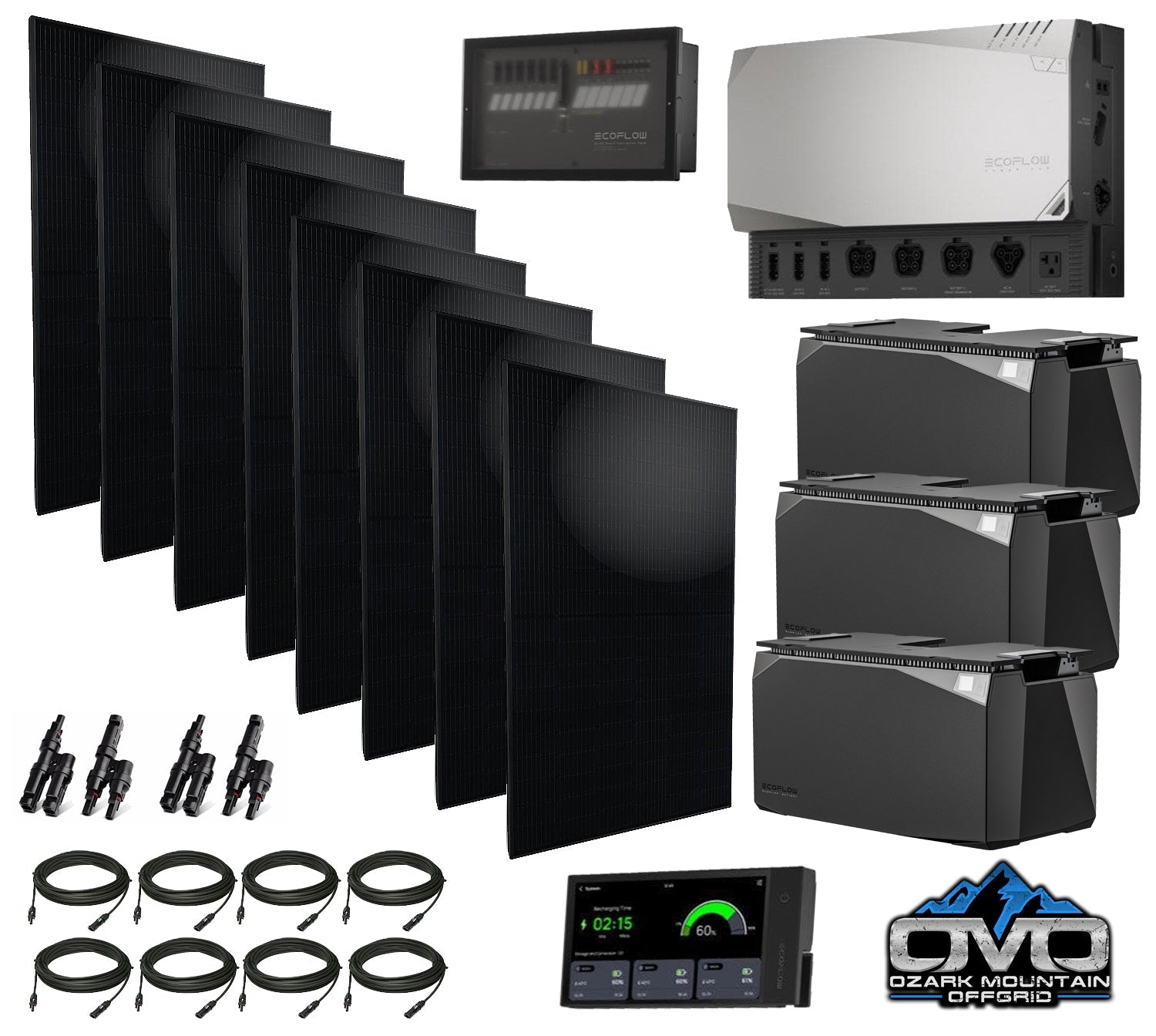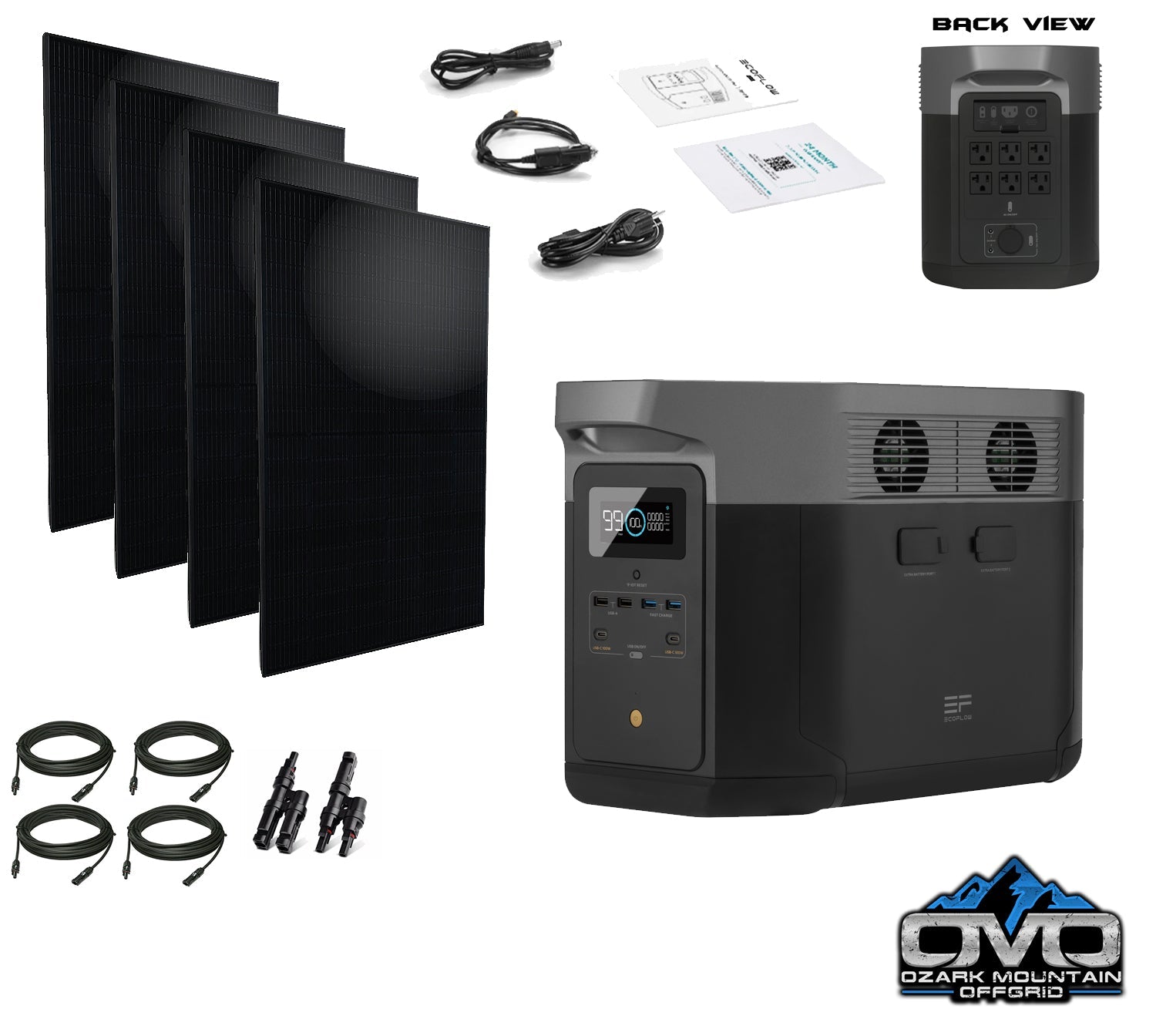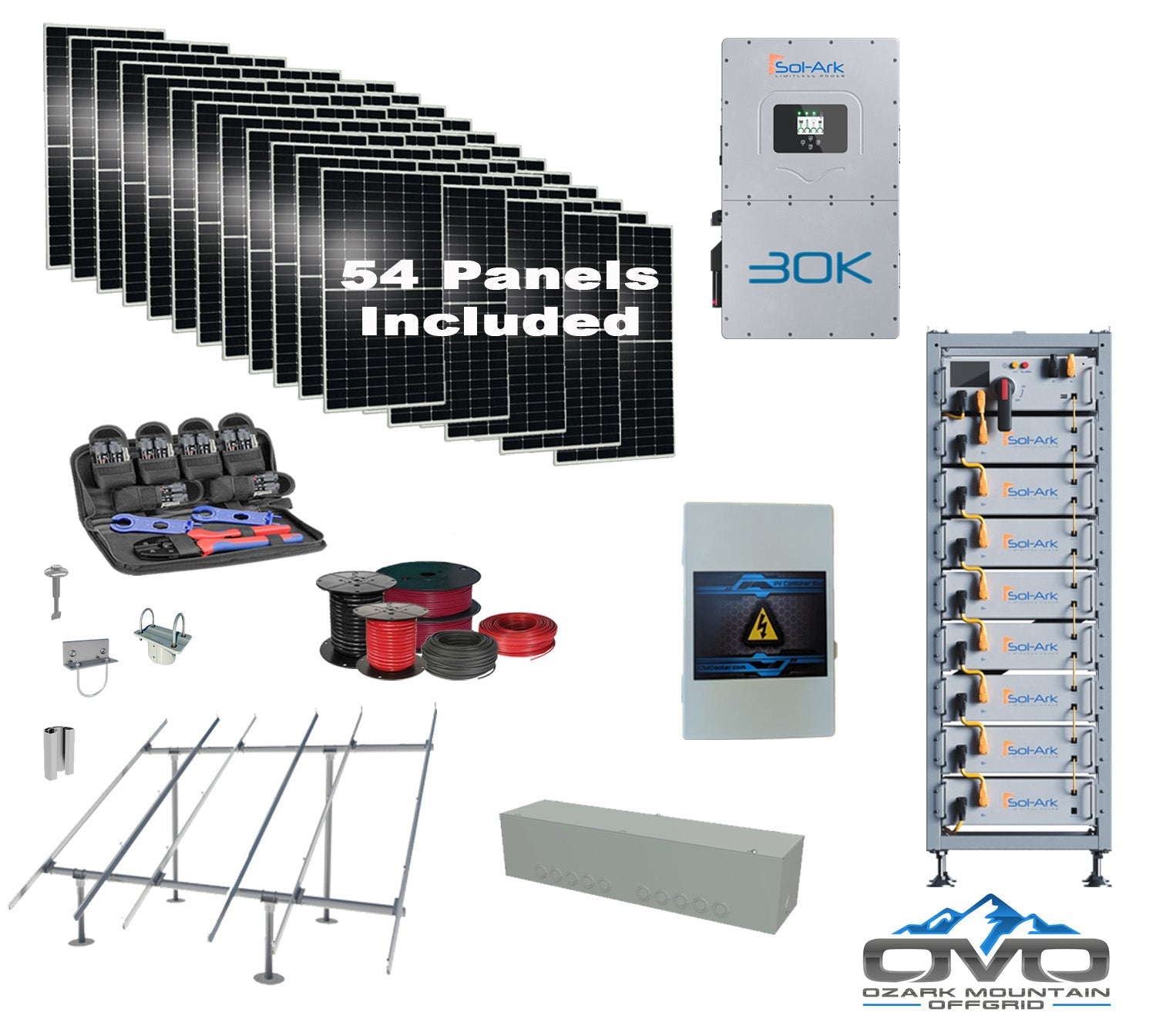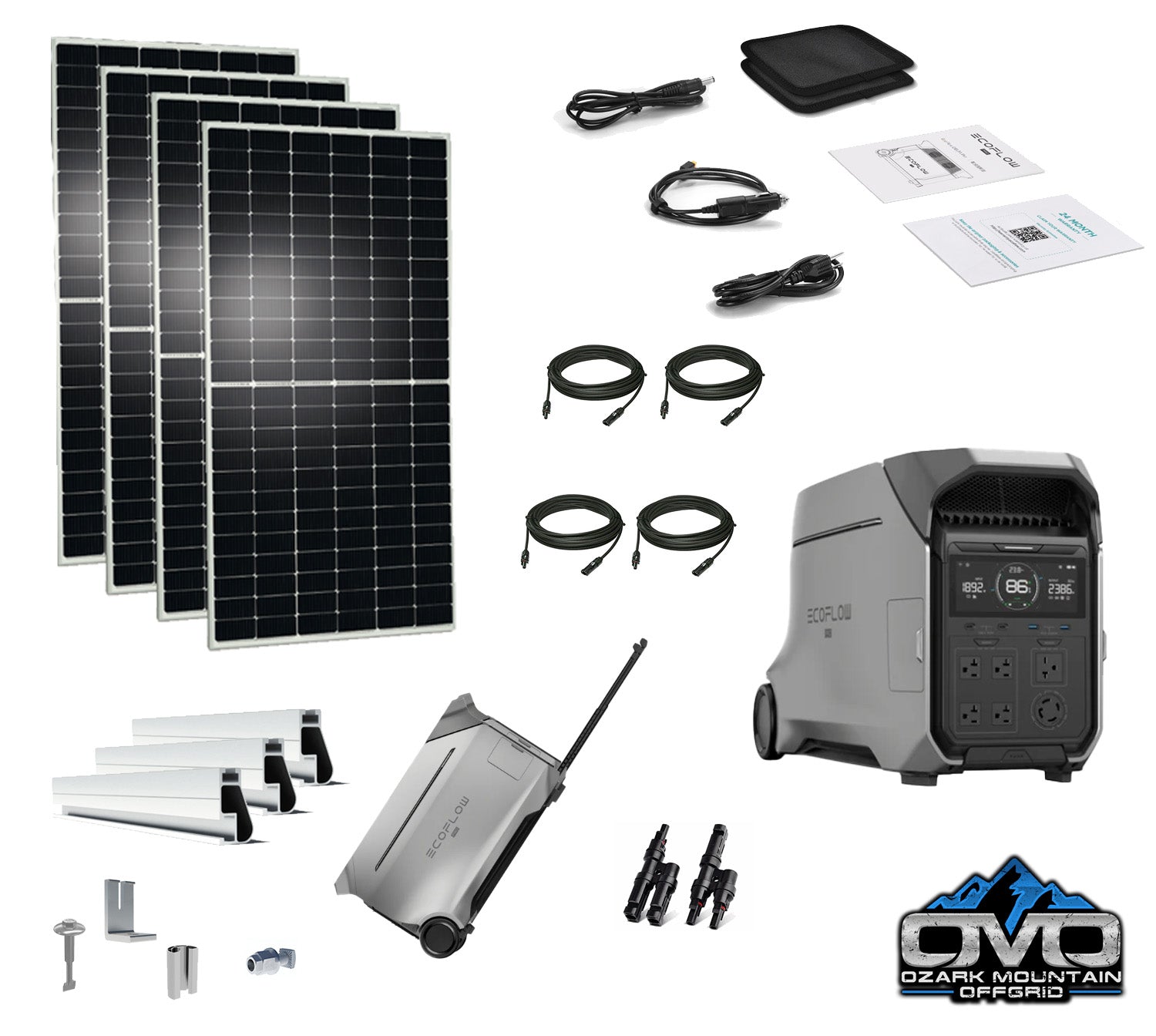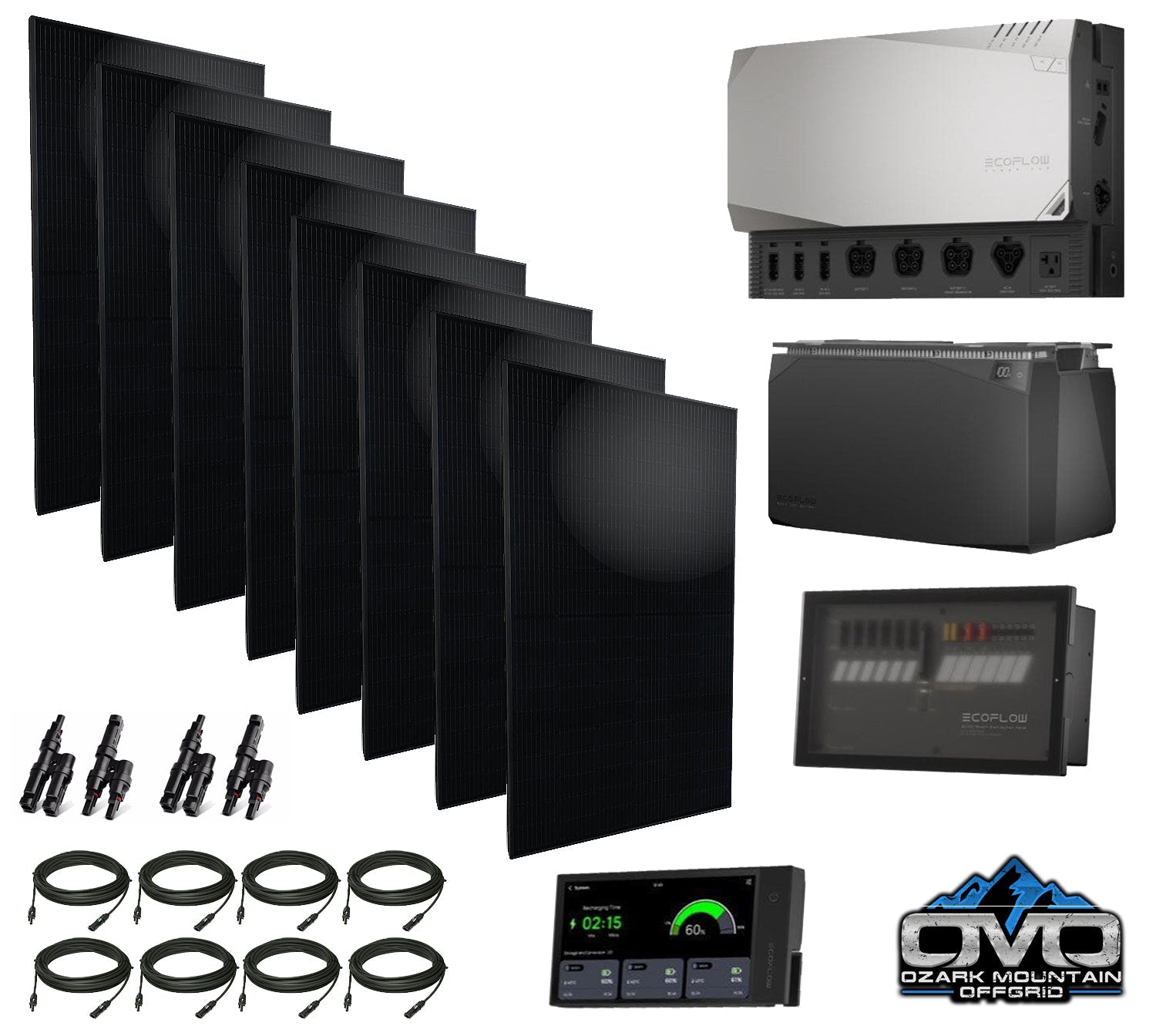PowerHouse Lithium 12V-(12V/16V)-24V 3-Bank Waterproof Battery Charger
SKU: BCH12V-(12V-16V)-24VWP
Vendor: PHL
Guaranteed Safe Checkout
Cantidad mínima de pedido (MOQ): Para garantizar el éxito de nuestra misión de revolucionar el acceso a la energía solar en el Caribe, hemos implementado una política de cantidad mínima de pedido. Para pedidos mayores que nuestro tamaño promedio de pedido, la cantidad mínima de pedido para paneles individuales es de 5 unidades, además de los costos de envío.
Share
Secure Payments for Your Journey Towards Solar Energy. Products You Can Trust.
Your solar investment deserves top-notch protection. We support you with industry-leading security measures to keep your transactions safe and sound. Shop with confidence knowing that your financial information is protected with advanced encryption and fraud prevention protocols. We take your financial security seriously, so you can focus on the bright future of solar energy.
Frequently Asked Questions
How do I know how much energy my house consumes?
There are two ways to obtain this information. The first would be to review the electricity bill you receive monthly. There you can get an idea of how much your consumption is in kilowatts. The second option would be to hire an electrician to come to your home and carry out a load census.
How many hours can the battery supply power?
That will depend on your use and the amount of battery storage, as well as your technology. To give an example: a 12 volt, 250 amp battery contains 3,000 watts. That means you have 3,000 watts to be able to consume up to what the battery specifications allow (it is not recommended to use batteries at their maximum capacity).
How do I know what type of system I need?
This is different for each person, as you must determine what you want a solar system for. Do you want it to power your entire home or run certain appliances in case of an emergency or power outage? Based on that answer, the type of system you need will be determined.
Can I continue adding panels to my system?
This will depend on the technical specifications of your inverter and batteries since each system has its limitations. All solar panel installations must comply with limits on connections, otherwise it may cause the system to explode or burn out. Also taking into account physical limitations such as the dimensions of the roof and size of the solar panels, among many other things.
How many discharge cycles does the battery have? What type of battery is it?
The one we currently have contains 1,200 discharge cycles. It is an AGM battery, which means it requires no maintenance.
What is the best type of solar panels?
There are many brands, models and types of solar panels. Generally speaking, monocrystalline and class A panels are the best solar panels. Additionally, having a bifacial panel captures a greater amount of light.
Are used solar panels worth it?
If they are in good condition, yes, since solar panels can produce energy for more than 25 years. Which means that a panel with a few years of use would still work well.
What are mono and poly panels?
Monocrystalline panels are panels whose cells are made up of a single crystal and not many fragments as is the case of the polycrystalline panel. Many people debate which ones are better.
